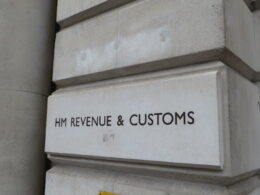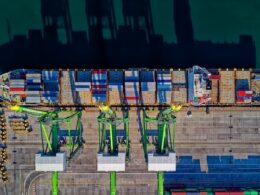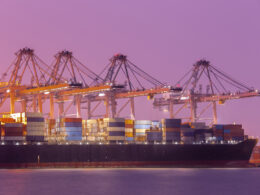With EU leaders granting the UK a further six month extension, we are now in a very interesting, if somewhat precarious position. While May is still seemingly persisting with her withdrawal agreement, others are now seriously discussing the possibility of a second, this time binding, referendum. Meanwhile, the European Court of Justice has ruled that it would be legal for the UK to cancel Brexit, and Donald Tusk has suggested EU leaders would be happy with that decision.
The only certainty in all this, it seems, remains uncertainty. For the logistics sector, this is clearly a big problem. We depend on smooth cross-border movement, and we depend on clarity and consistency around customs and excise, both within and beyond the EU. We have also grown accustomed to knowing how things are likely to look months and years ahead.
With that no longer being the case, logistics businesses must make sure they’re familiar with the possible worst case scenarios, as that is the only way they will be able to prepare themselves for what might lie ahead.
What will Brexit mean for customs procedures?
How UK logistics businesses will be affected in the long term depends entirely on the deal that is struck with the EU. But in the short term, particularly in the event of a no-deal Brexit, we can expect to see the application of import tariffs, and a sharp spike in the mandatory administrative requirements for businesses.
If we leave the EU without a deal, then the UK will instead probably revert to the World Trade Organisation’s “Most Favoured Nation” terms. This would mean that the same customs and excise rules for moving goods between the UK and a country outside of the EU would now also apply to moving goods between the UK and the EU, with customs declarations needed when goods enter or leave the UK. The carrier of the goods would also need to make separate safety and security declarations.
HMRC currently processes around 55 million customs declarations each year, but after Brexit that could rise to 255 million, which would represent a very dramatic increase in workload for HMRC’s customs operations. The Institute for Government has estimated that this would add around £4 billion in administration costs to business.
Not only would these extra checks result in higher costs, but they will also mean that it will take significantly longer to get through customs. It is believed that ports such as Dover, where over 99% of all trade is with the EU, would likely see increases in customs declarations of over a hundred-fold. If each vehicle spends just two extra minutes at Dover after Brexit, the existing queues on the M20/A20 would triple to 29 miles, which would translate into nearly five-hour delays.
It is therefore clear that Brexit could potentially have a very serious impact on the many British and Northern Irish businesses whose supply chains have grown to be dependent on frictionless trade with the EU.
What preparations can be made?
Fortunately, up until now it has seemed that the majority of MPs are strongly against a no-deal Brexit. However, it’s impossible to rule it out as a potential outcome, so businesses should ensure they use these additional few months as an invaluable opportunity to prepare themselves as thoroughly as they can. For those businesses involved in the importing of goods from the EU, this should include registering for HMRC’s “transitional simplified procedures”.
Transitional simplified procedures are simple measures HMRC is putting in place to make importing as easy as possible until at least July 2020. If businesses register for transitional simplified procedures, they’ll be able to transport their goods into the UK without having to make a full customs declaration in advance. They’ll also be able to postpone paying their duties and VAT. Businesses can register online, although they must meet a set of certain criteria to qualify.
While it pays to be prepared, the best situation for the majority of businesses would be no Brexit at all. We should therefore take this chance to also make our voices heard and demand that we at the very least stay in the customs union, in order to give ourselves the brightest hope of future prosperity.
By John Perry, managing director at SCALA













